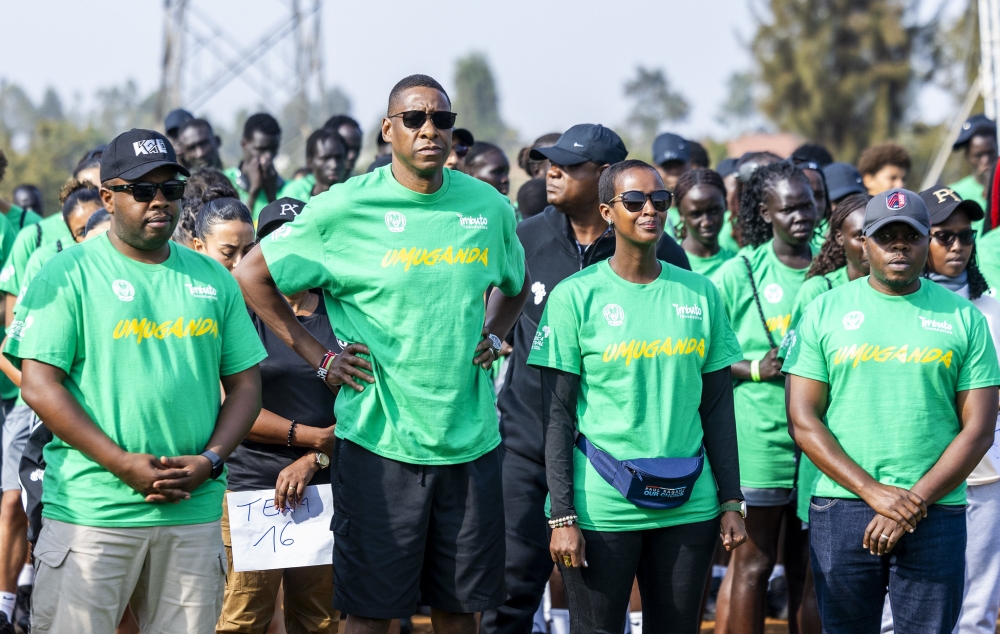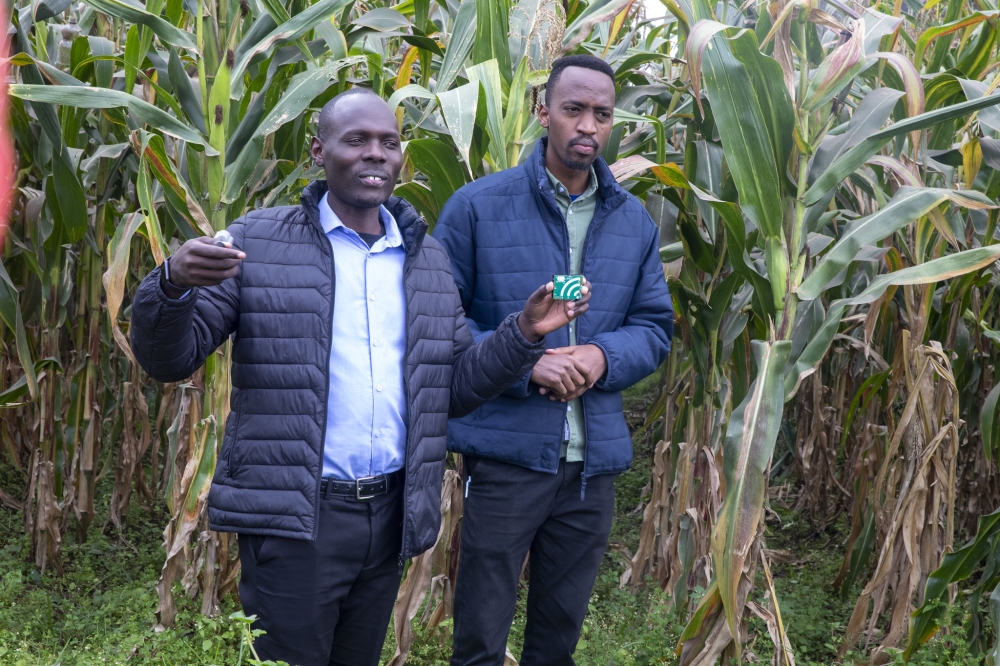RWANDA’s future as a nation as well as its place on the world stage is dependent on the development of a society that supports and values innovation, wealth creation and social justice.


RWANDA’s future as a nation as well as its place on the world stage is dependent on the development of a society that supports and values innovation, wealth creation and social justice.Education is fundamental to the growth of Rwanda and it is clearly articulated in Vision 2020. An all-inclusive, high quality, internationally competitive education system is the key to assisting the nation and individuals to reach their full potential.Hence, for Rwanda to become a knowledge-based economy that is inclusive of all its sons and daughters, the education system must address the disparities in educational achievement associated with economic status of an individual Institution/University due their isolated nature by strengthening the already existing Institutions of Higher Learning through combined effort.All the present Institutions of Higher learning in Rwanda are too isolated to reach the desired goals – and international and UNESCO standards. However, once they are together they can easily have a particular role to play in not only national economic, social justice and social-economic growth and development, but also on an international level. The proposed one University system provides an opportunity for all the Institutions of Higher learning in Rwanda to align their work in new ways. It provides a unique chance to make an innovative contribution to the advancement of knowledge and practice in association with Rwanda’s National interests. The combined effort to teaching, research and professional practice are central to the vision of One University System. When research and professional practice are integrated three things happen:First, researchers address significant academic, research, social-economic development and social justice problems in ways that are judged relevant to and have an impact on social policy and practice.Second, practitioners incorporate research skills and values into their own practice. Achieving this goal is very challenging. It requires a University that can overcome the traditional divide in professionalism between researchers and practitioners – a divide that has its origins in the different training, career paths, workloads and reward systems of these two groups.Thirdly, the integration and streamlining of programmes and professional skills are realized and bring excellent researchers, educators and experienced practitioners together to focus in a sustained way on the many challenges that face Rwandan education system.The author is Vice Rector (Academics), Umutara Polytechnic University.






